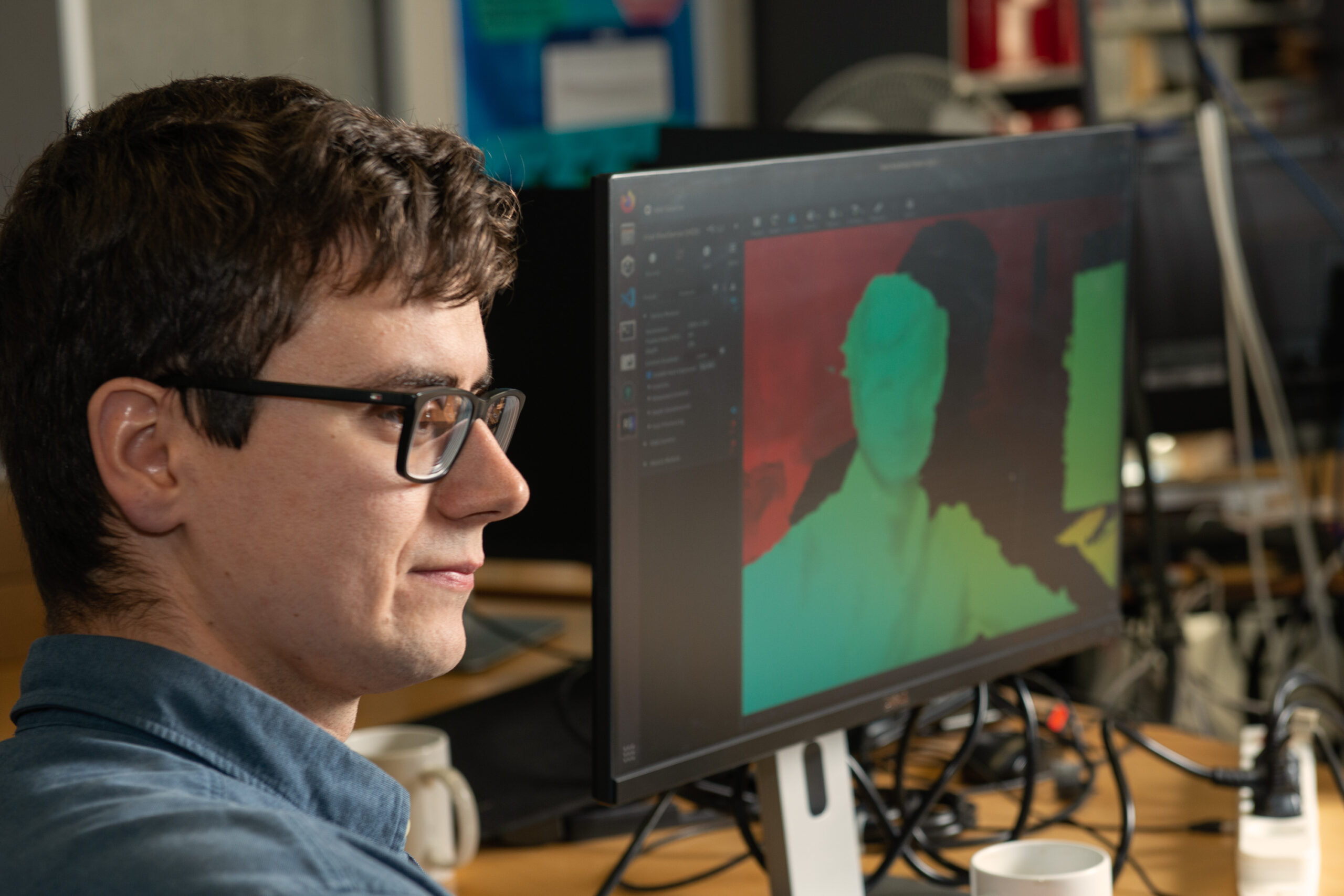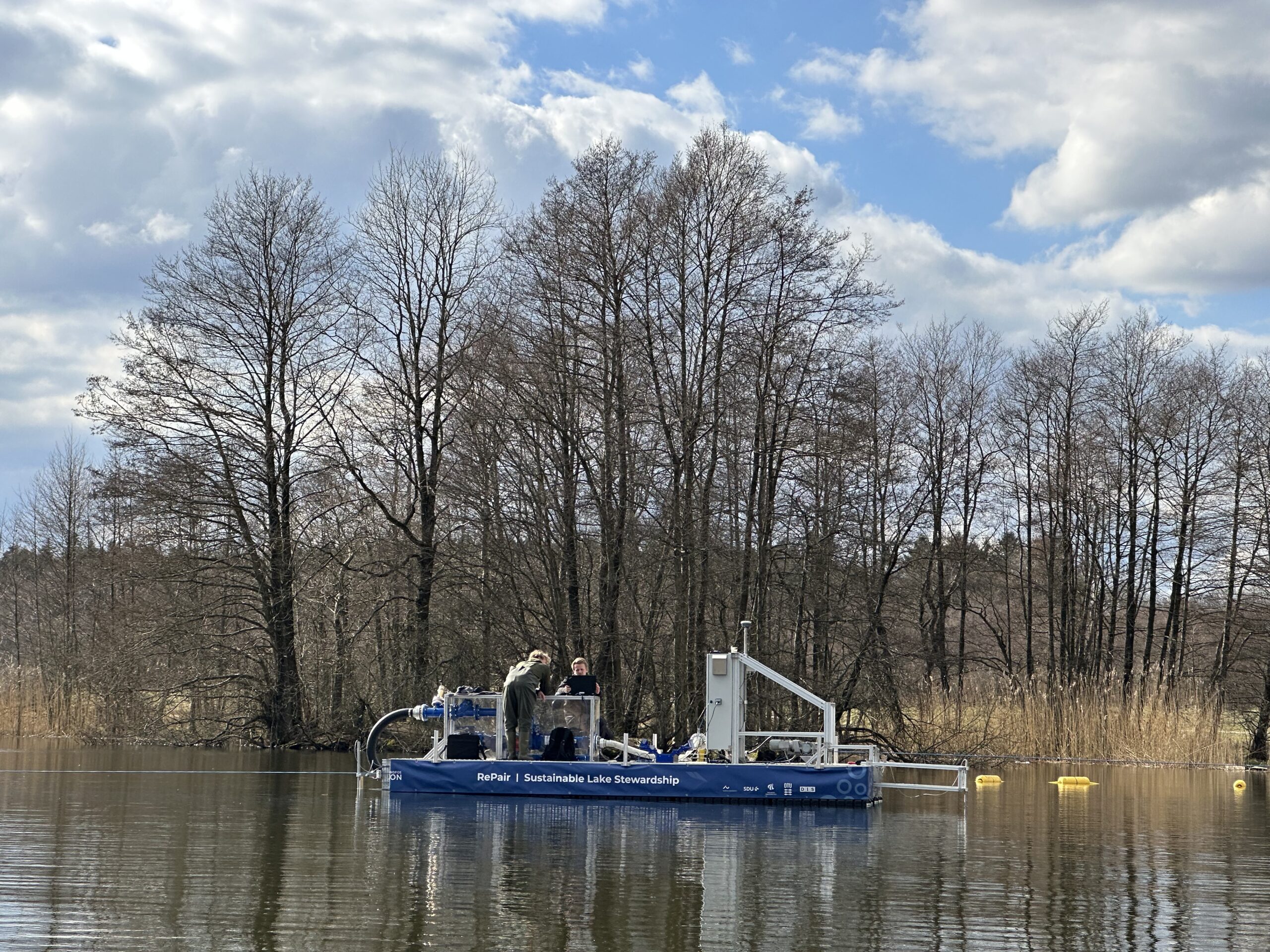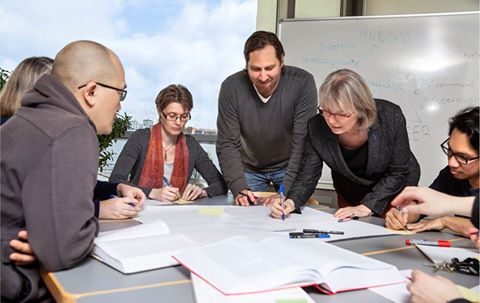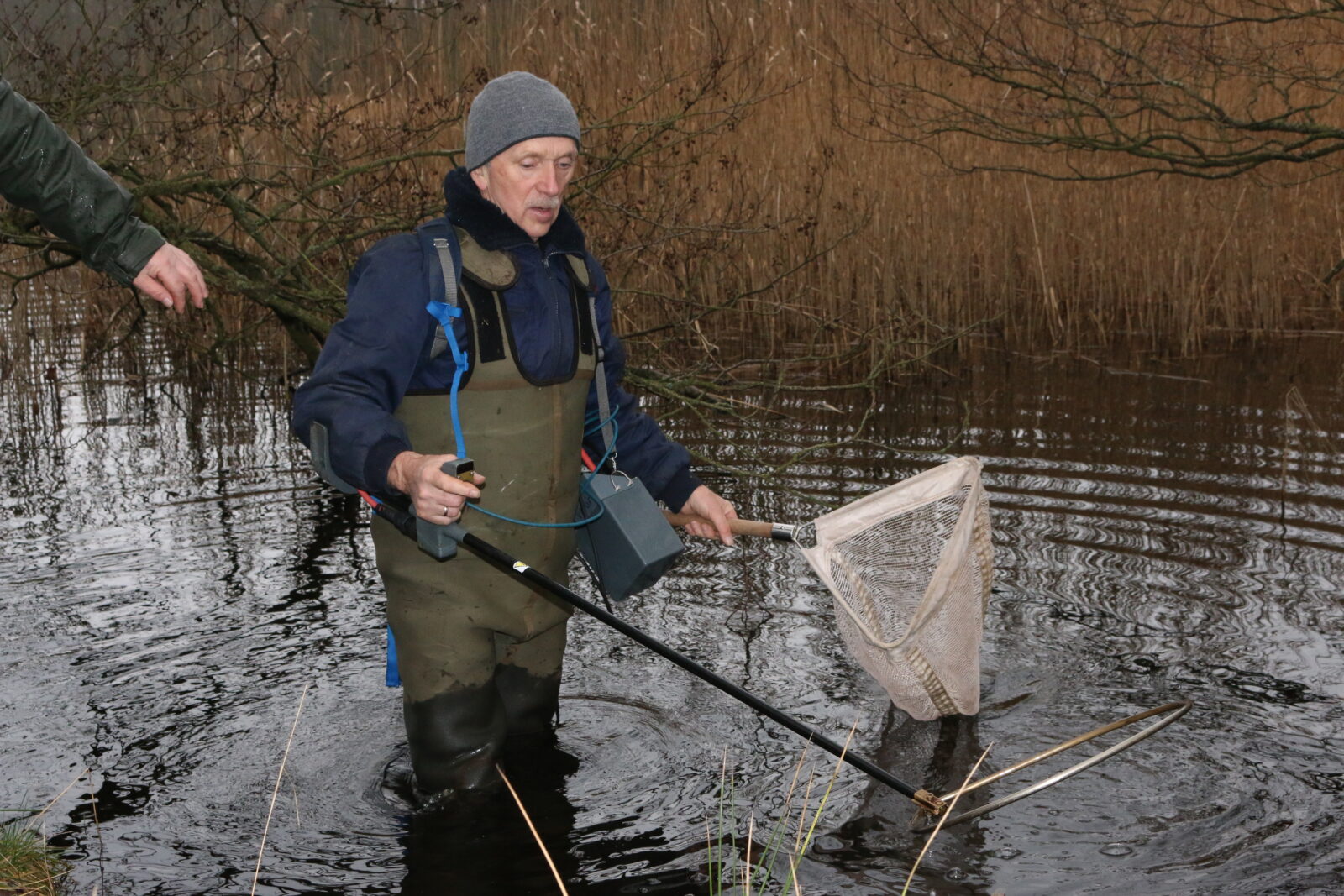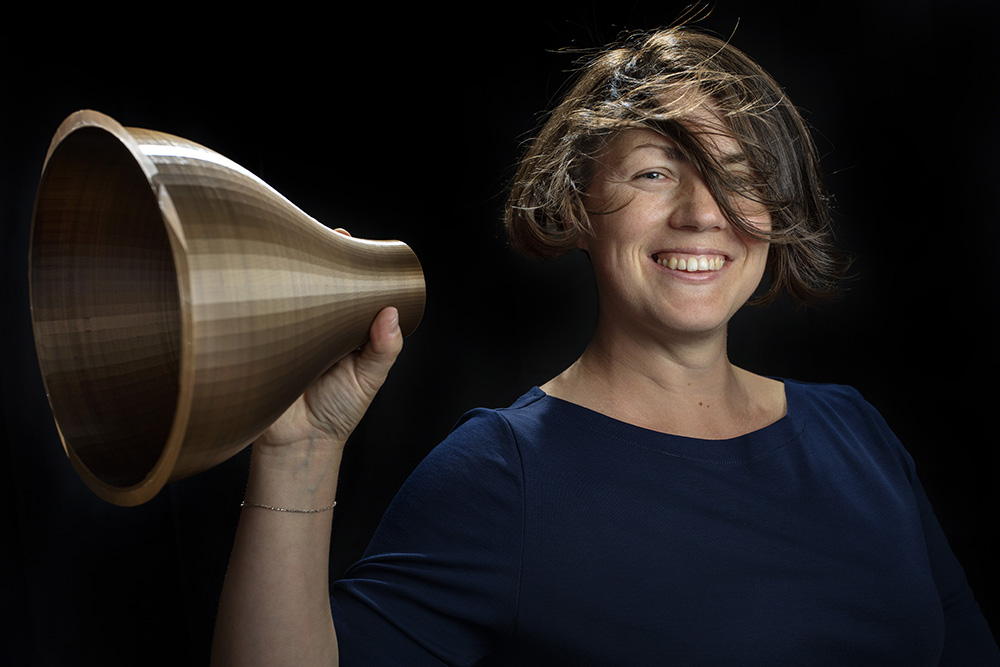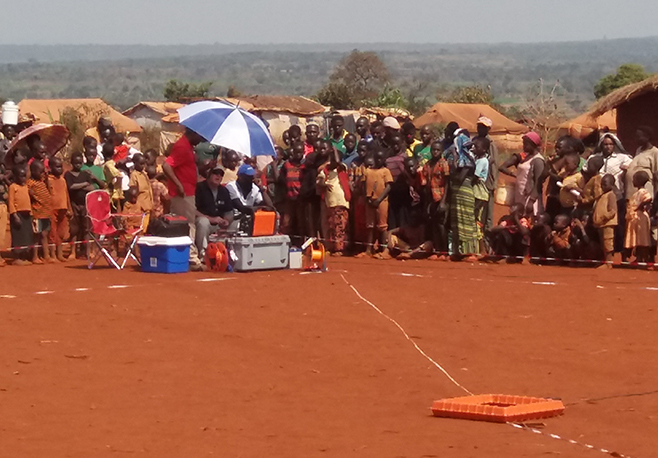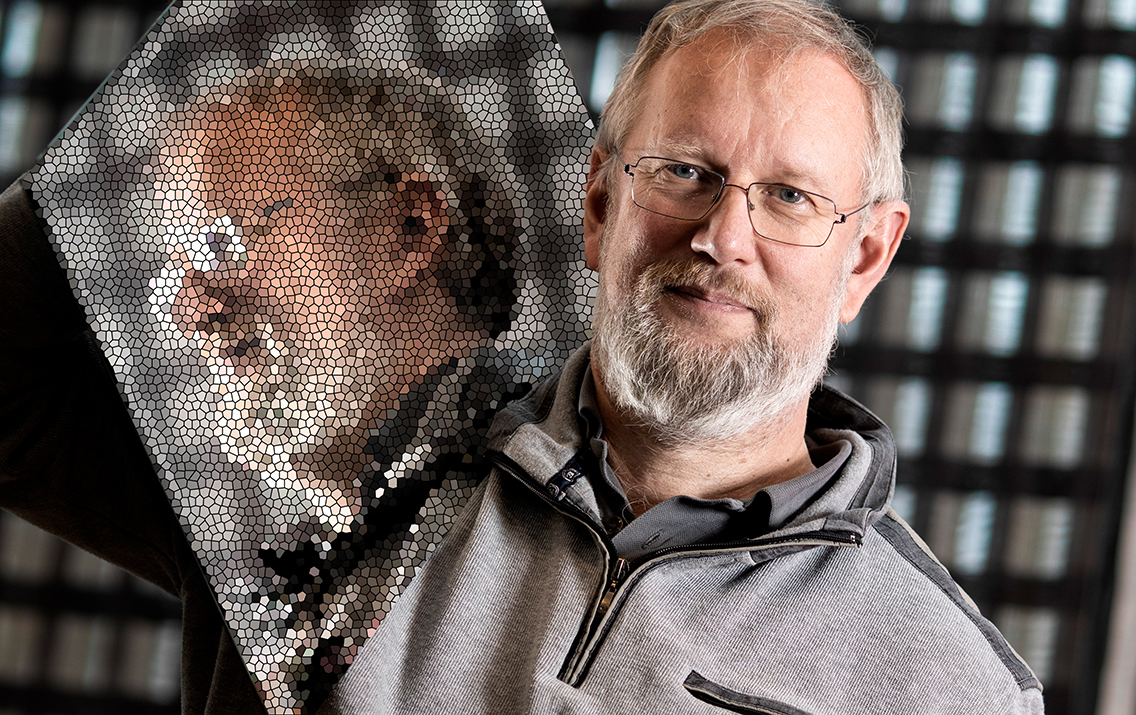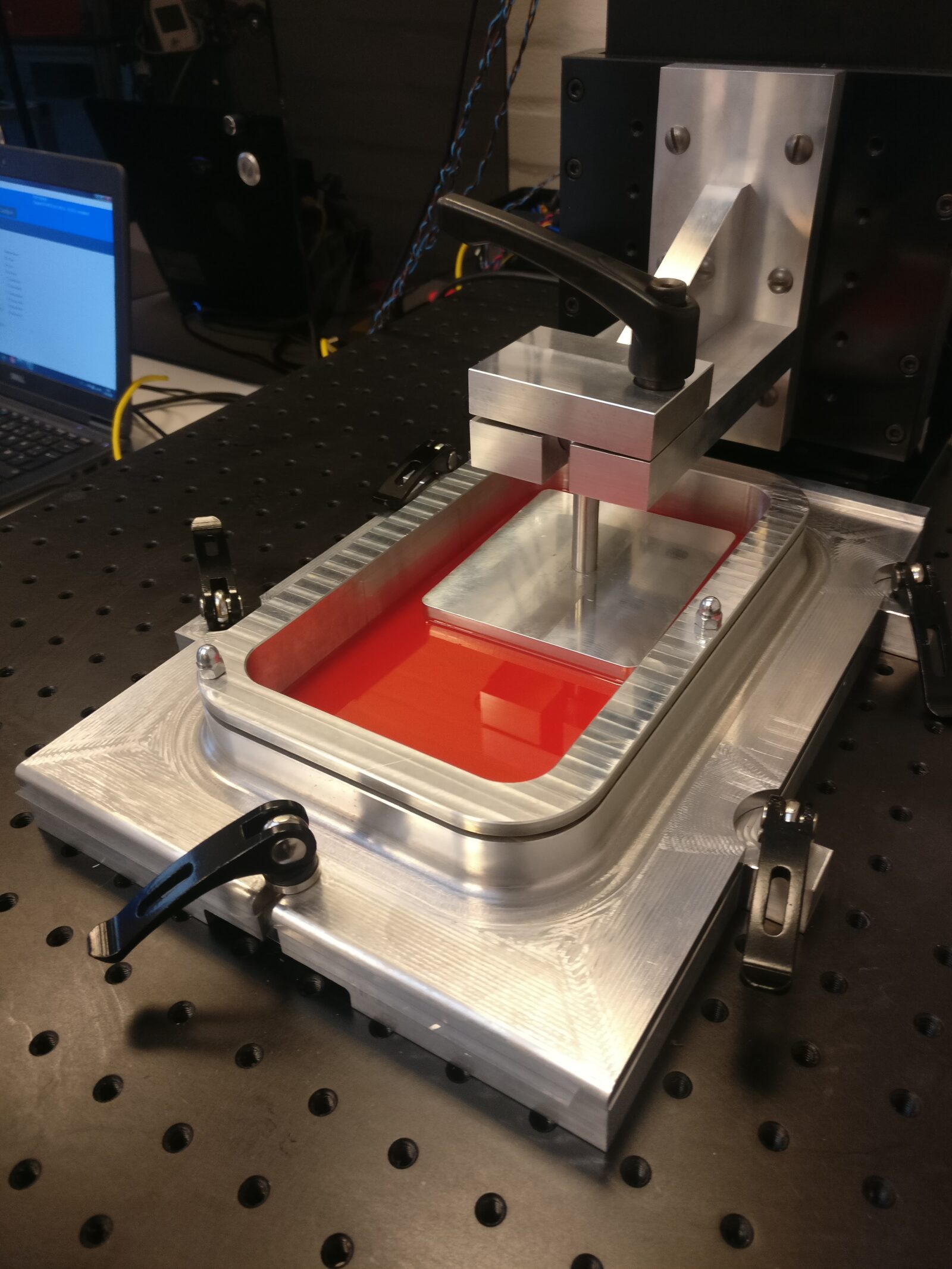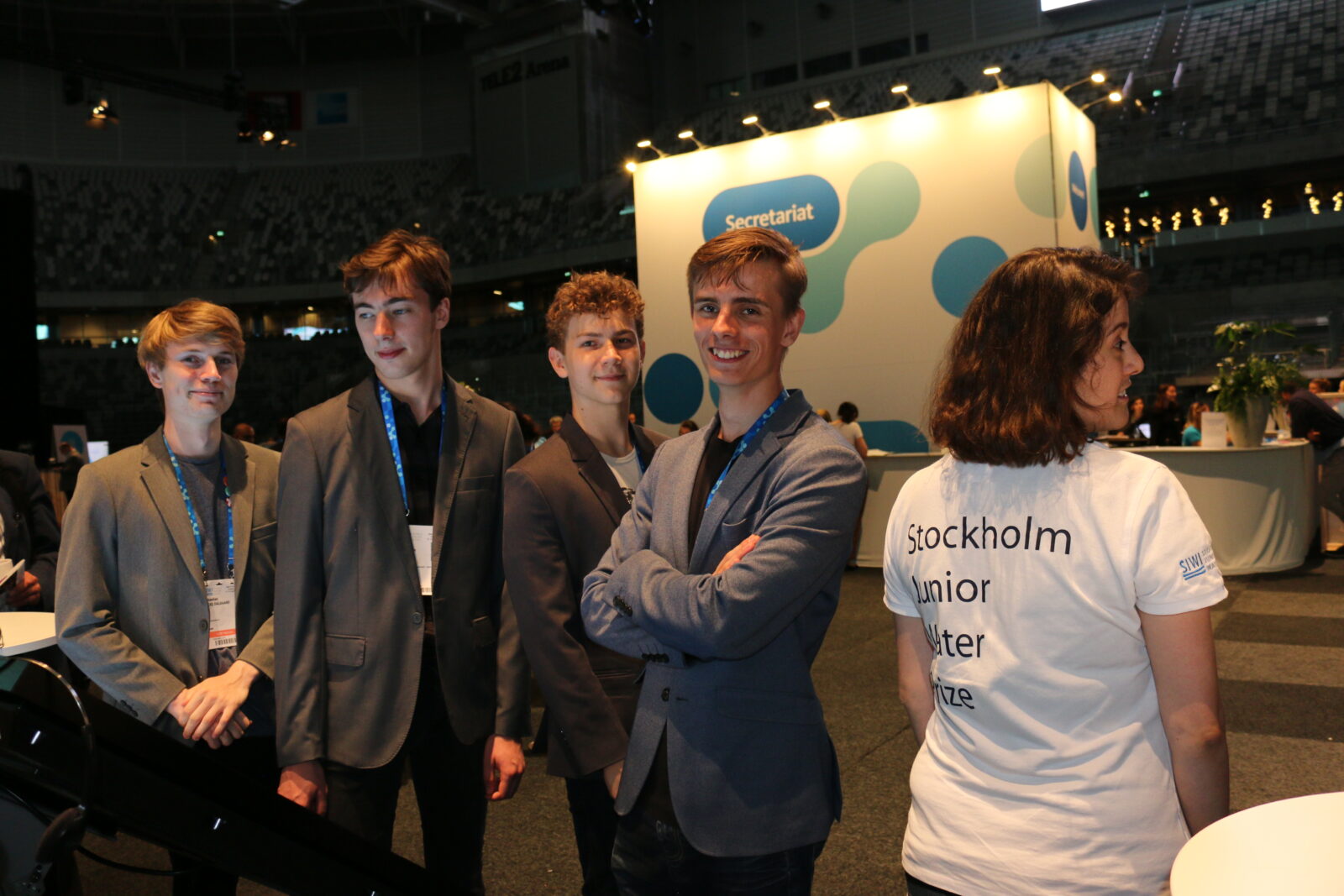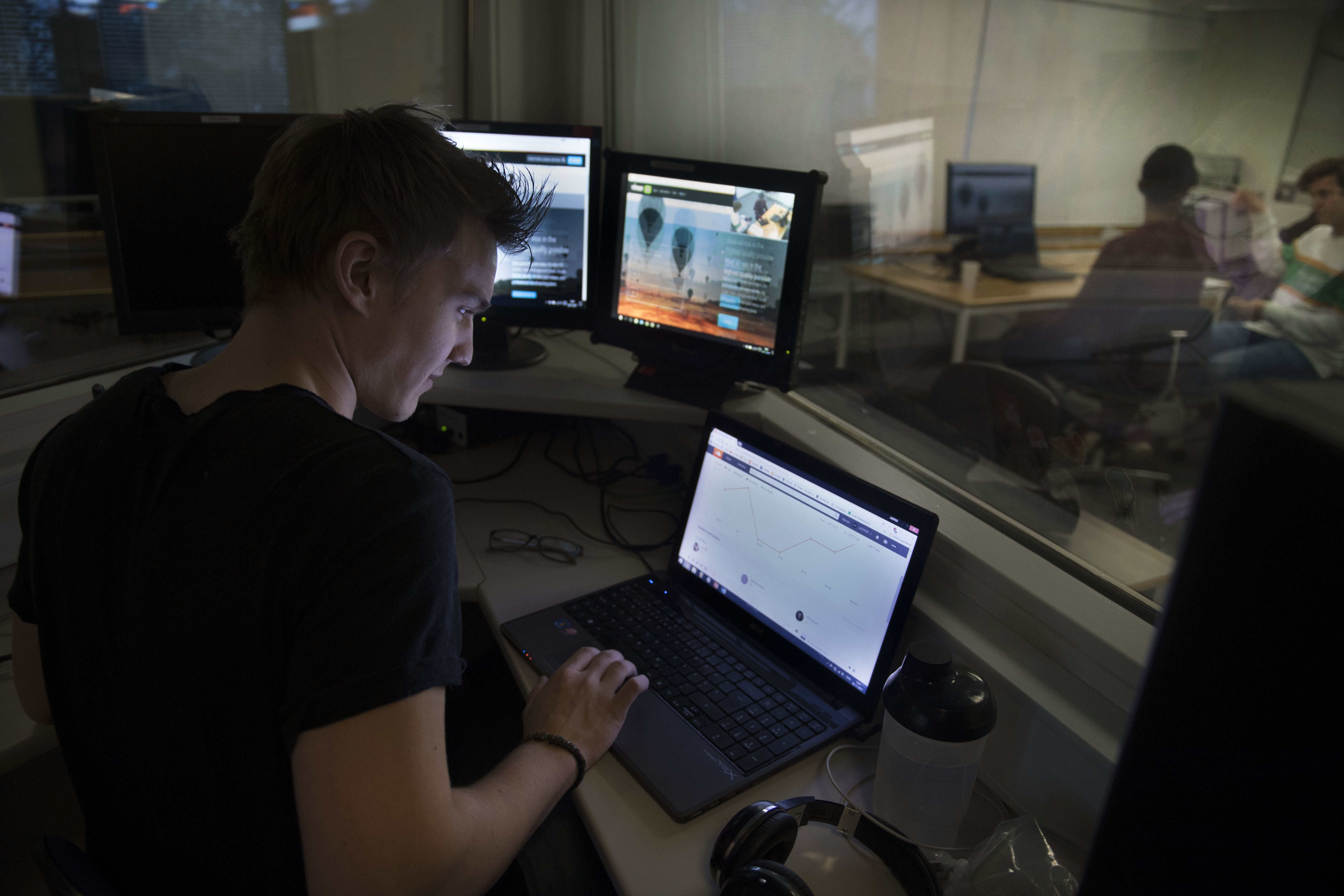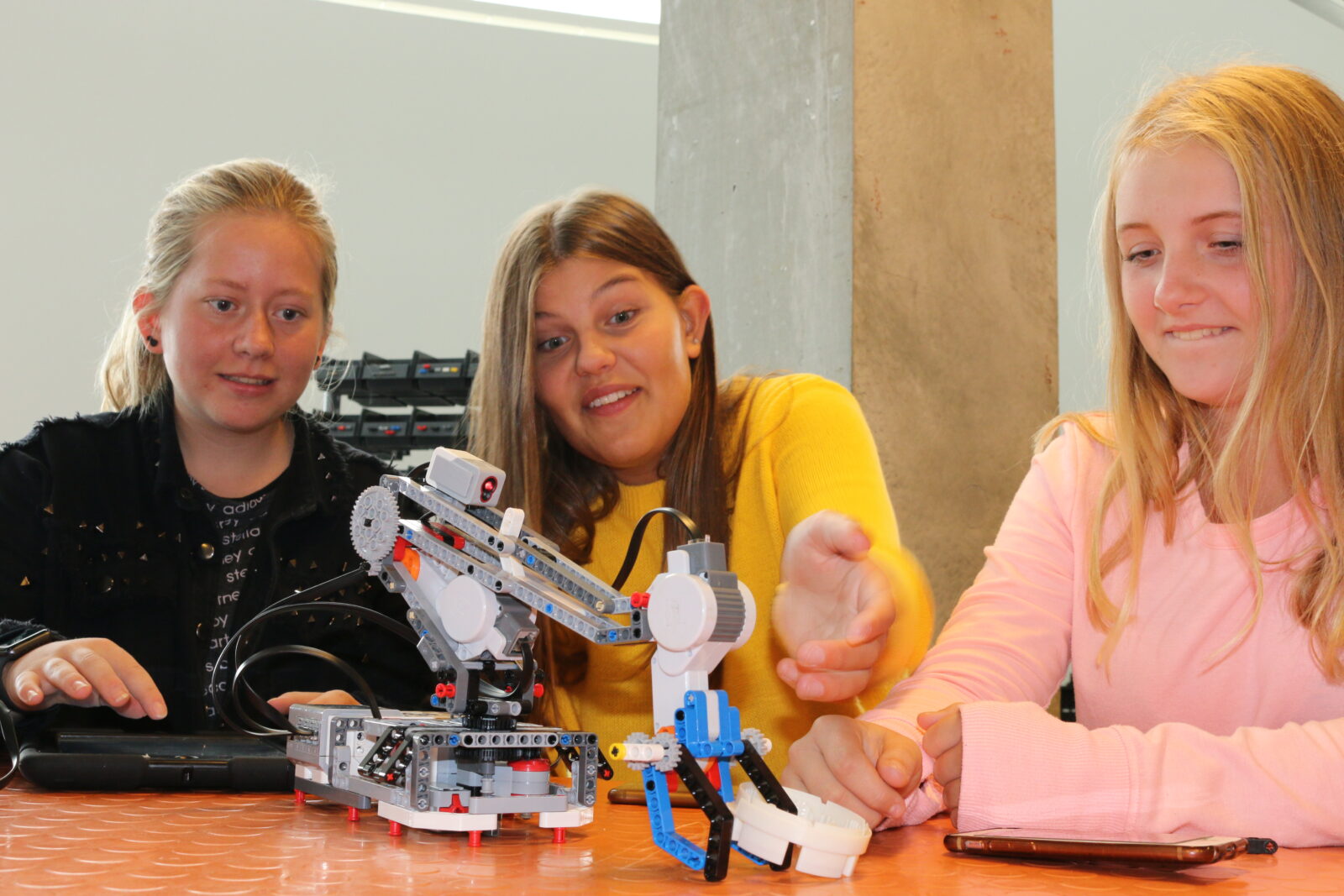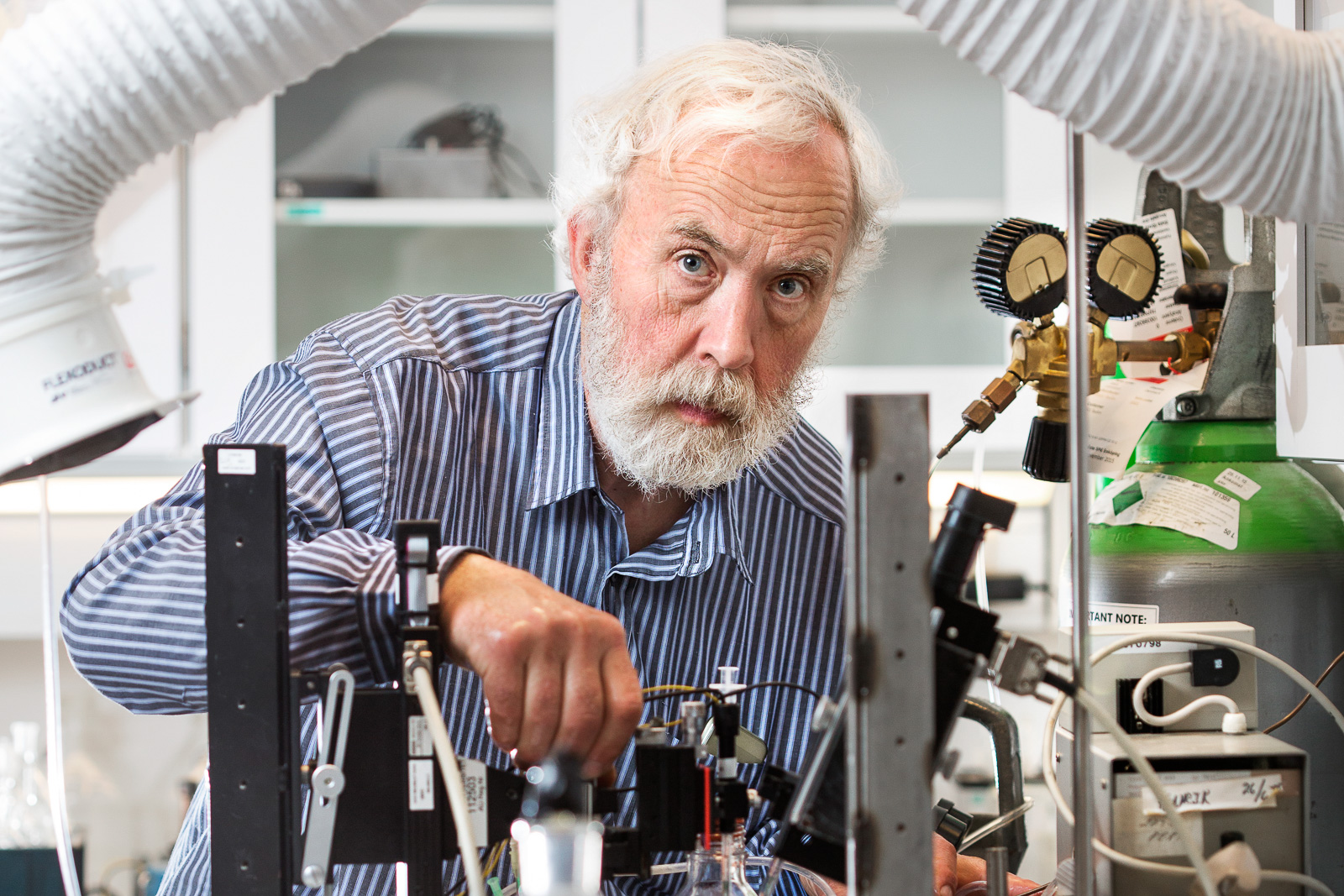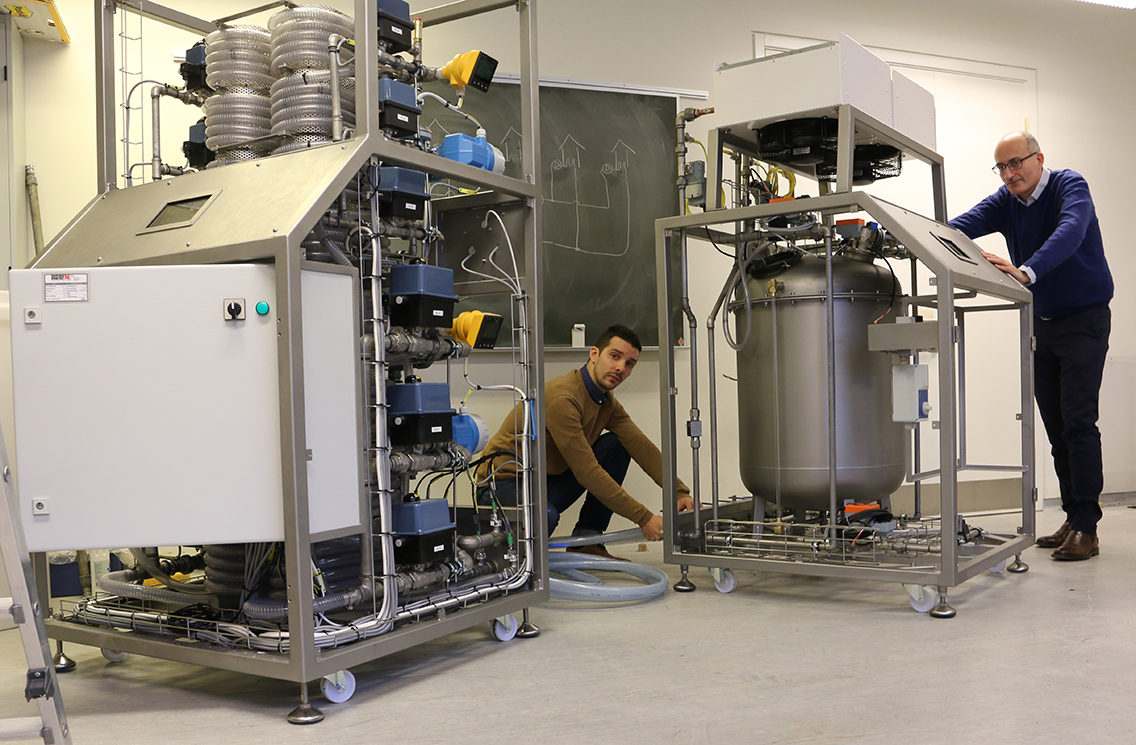Centre for Climate Robust Electronics Design (CRED), a novel research initiative under the Centre for Electronic Corrosion (CELCORR), is dedicated to addressing the corrosion reliability and robustness requirements of electronics. The project places a particular emphasis on high voltage/power electronics as they are increasingly used in renewable energy systems and electrification, among others. Additionally, the project will investigate the impact of exposure to gaseous conditions in conjunction with humidity.
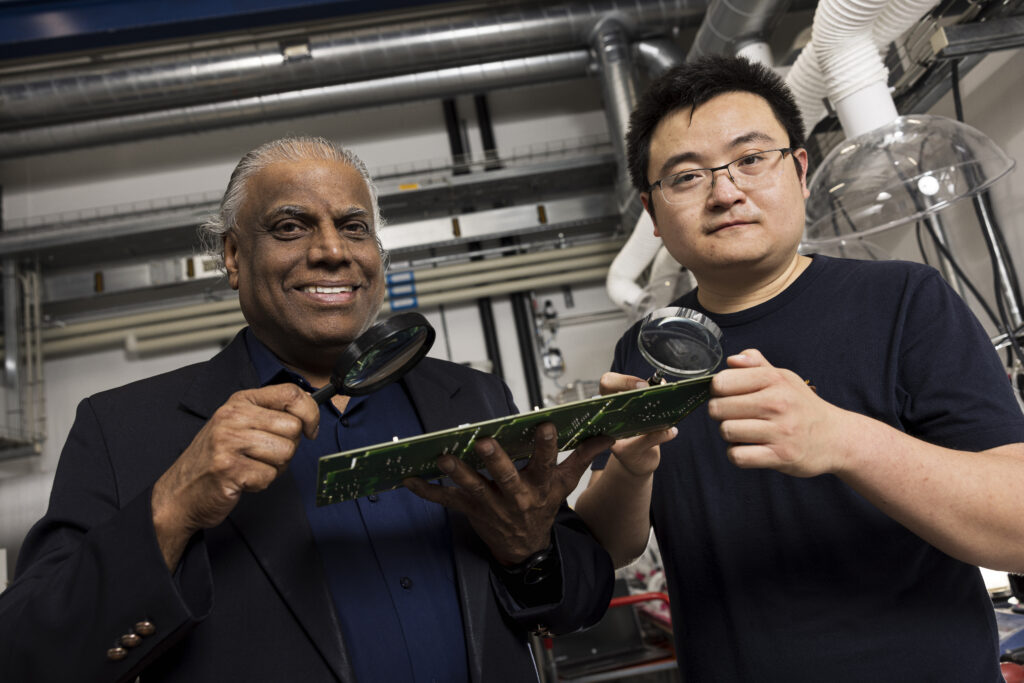
Dr. Rajan Ambat (left) and Feng Li, Department of Mechanical Engineering Technical University of Denmark. Photo: Joachim Rode
During the duration of the project, CELCORR will enhance its laboratory facilities, incorporating the ability to conduct experiments ranging from low to high voltage/current. The objective is to devise measures for corrosion robustness, leveraging the expertise in the research group in materials and corrosion. The focus will be on various aspects including materials, Printed Circuit Board Assembly (PCBA) design and processes, and metal-polymer interfaces in electronics components and devices, and how more robust parts can be made to prevent functional issues due to corrosion by robust design.
The research will also concentrate on understanding failure mechanisms due to high voltage/power effects under humidity and other environmental factors such as gases. It will explore factors that could be manipulated to enhance intrinsic robustness. New laboratory facilities will be established for testing under humid and gaseous conditions, such as H2S and SO2, and for high voltage testing.
- Dive into DTU’s publication Dynamo to learn more about the research group (in Danish)
Project partners:
- Professor Rajan Ambat, DTU Construct
- Professor Michael Andersen, DTU Electro
For more information, contact Rajan Ambat


